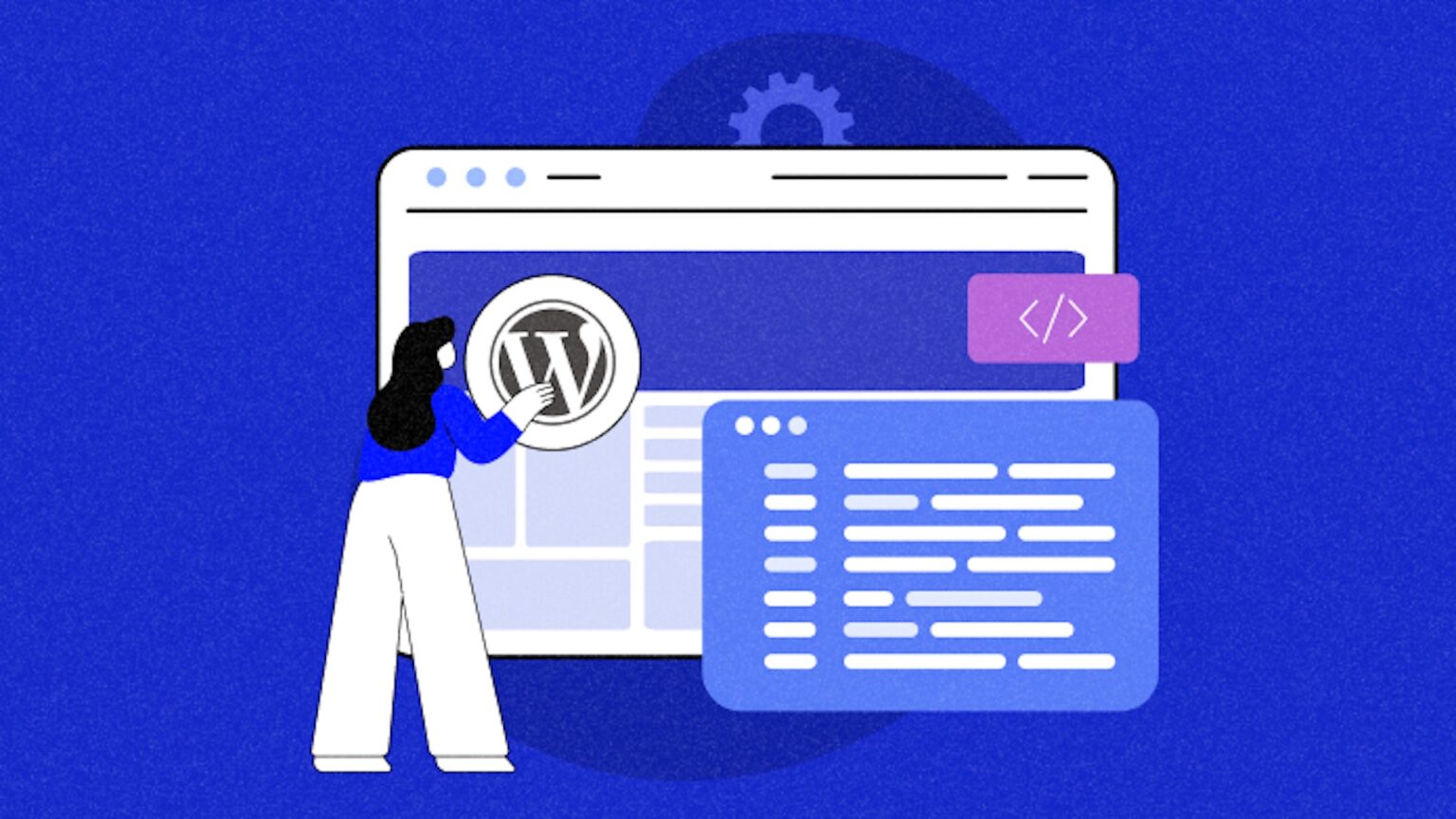Every WordPress site starts with a choice of theme. WordPress just doesn’t work without a theme – that’s the way it’s always been. As such, there’s literally thousands of themes out there that you can choose from.
Indeed, the largest theme marketplace in the world lists over 53,000 WordPress themes (https://themeforest.net), and some themes have been massively successful (the Avada theme has pulled in over $63 million to date). Unfortunately, though, not all themes are created equally, and great care must be taken in choosing the theme for your next WordPress site.
Choosing a good WordPress theme for your DJ company is essential for several reasons:
Professional Appearance: A well-designed theme can give your website a polished and professional look, making a positive first impression on your visitors. This is crucial for building trust and credibility. (Jordan’s Side Note: Almost all of you older DJs who refuse to upgrade will fail on this.)
User Experience: Good themes are optimized for usability and user experience. They ensure that your website is easy to navigate, loads quickly, and is responsive on various devices, providing a smooth experience for your visitors. (Jordan’s Side Note: Again, older sites fail at this.)
Customization Options: High-quality themes often come with a range of customization options, allowing you to tailor your website’s appearance to match your brand or personal preferences. This can include customizable colors, fonts, layouts, and more. (Jordan’s Side Note: The more options, the slower the site’s load speed.)
Security: Reputable theme developers prioritize security and regularly update their themes to address vulnerabilities. Choosing a well-maintained theme can help protect your website from potential security threats (Jordan’s Side Note: You’ll need to use a state-of-the-art security plug-in, no matter what.)
SEO-Friendly: Many good themes are optimized for search engines (SEO), making it easier for your website to rank well in search results. Properly structured code and SEO-friendly features can enhance your website’s visibility. (Jordan’s Side Note: Not completely necessary, as the Yoast or Rankmath plug-ins take care of this.)
Mobile Responsiveness: With the increasing use of mobile devices, a responsive theme is crucial. A good WordPress theme ensures that your website looks and functions correctly on smartphones and tablets, improving the user experience for mobile users. (Jordan’s Side Note: Yes!)
Compatibility: High-quality themes are built to work seamlessly with popular plug-ins and WordPress updates. This ensures that your website remains functional and up-to-date as the WordPress ecosystem evolves. (Jordan’s Side Note: Not all themes do a good job of this compatibility requirement.)
Customer Support: Premium themes often come with dedicated customer support, which can be invaluable if you encounter issues or have questions about customizing your website. (Jordans Side Note: Not all theme authors deliver on this support – you have to examine their historical comments.)
Performance: Themes optimized for performance load quickly and efficiently. This is not only important for user experience, but also for SEO, as site speed is a ranking factor for search engines. (Jordan’s Side Note: This is a major point, as not all themes are speed-optimized right out of the box.)
Scalability: As your website grows, a good theme should be able to accommodate your needs. It should support additional features, content, and functionality without causing major issues or requiring a complete redesign. (Jordans Side Note: As WordPress is based on PHP/MySQL, sites that are going to need scalability need to pay closer attention to the theme they use.)
Updates and Improvements: Developers of reputable themes continue to update and improve their products. These updates may include bug fixes, new features, and compatibility with the latest WordPress version, ensuring the longevity of your website. (Jordan’s Side Note: Themeforest has two aspects that you should pay attention to – the comments and the date of the last update.)
Cost-Effective: While premium themes often come with a price tag, they can be cost-effective in the long run. Their features and support can save you time and money, compared to dealing with the limitations of a free or poorly designed theme. (Jordan’s Side Note: Most good themes are in the $49 to $79 range as a one-time-fee, with a smaller amount every six months to renew active support… not really that expensive.)
I’ve used many, many themes since 2004, and have had varied success. A few years ago, I started using TheGem exclusively, as it’s got a really great pre-made blocks system, as well as a lot of demo starting points. However, TheGem (although it’s a great theme) doesn’t come out of the box with great site speed, and you or your developer still needs to run through the list of items that need to be done in order to make a site load faster. Some of my best “tricks” are as follows:
- General All-Purpose Optimization Plug-in. (I like to use Perfmatters.)
- Cache Plug-in. (LiteSpeed is the most popular, and W3 Total Cache works well also.)
- Server-Level Caching. (Do not try this on your own, don’t overthink it and hire someone.)
- Increase Cache Expiration Time. (Increase from 24 hours to seven days.)
- Fast Theme. (I’ve recently had great luck using GeneratePress – feel free to validate by running my site jordanstjacques.com through Google’s PageSpeed Insights.)
- Use SVG Icons. (Avoid popular icon font libraries such as Font Awesome.)
- Use WebP Images. (Please tell me you’re not still using JPGs and PNGs!)
- Content Delivery Networks. (Again, just hire someone, and tell them to use Cloudflare APO.)
- Cloudflare Plug-in. (It’s unofficial, but it works.)
- Configure All Width & Height Attributes.
- Optimize Your Database Regularly.
- Move All Fonts to Your CDN.
- CSS/JS Minification. (Perfmatters above handles this.)
- Disable Unused Plug-ins on a Per-Page Basis.
- Host Google Analytics on the Server.
- Defer Javascript.
- Delay Javascript.
- Remove Unused CSS.
- Only Load Custom CSS/JS Where It’s Needed.
- Avoid Redirects.
- Avoid Sliders. (Slider Revolution is a major slowdown for your site.)
- Serve Videos from a CDN.
- Delete Recaptcha.
- Move Gravatars to a CDN.
- Get Rid of Google Maps & Use a Map Image Instead.
- Turn Off Scroll To Top.
- Disable WP-Cron. (Just hire someone.)
- Disable Pingbacks & Trackbacks.
- Run the Latest PHP. (Currently safe is v8.2.)
Lots to think about here, of course, so I’ll leave you to it. Most importantly, whether you do your site yourself or whether you hire, you should pay more attention to the choice of theme now than you have in the past. Some themes these days have great site-load speed out of the box, which will save you a lot of time later on by avoiding having to go through my optimization list above. A well-written theme can solve half your SEO problems right from Day 1 – keep that in mind.

Jordan St. Jacques is the President/Lead Digital Marketer at Digitera.Interactive in Ottawa, Ont., Canada.


